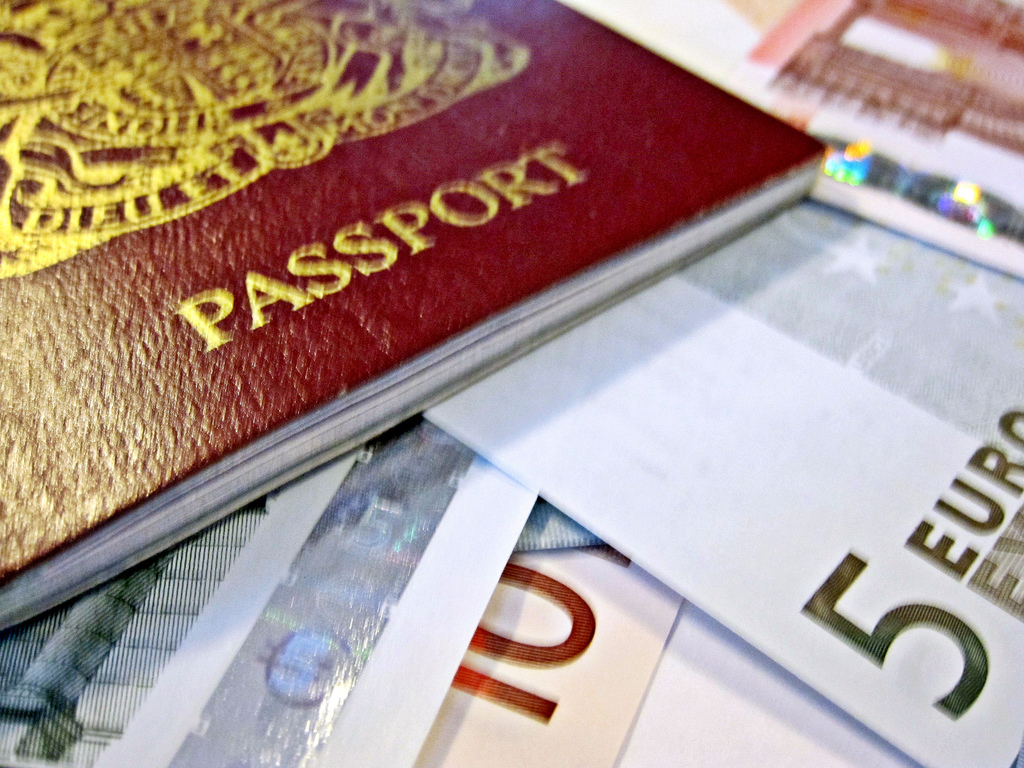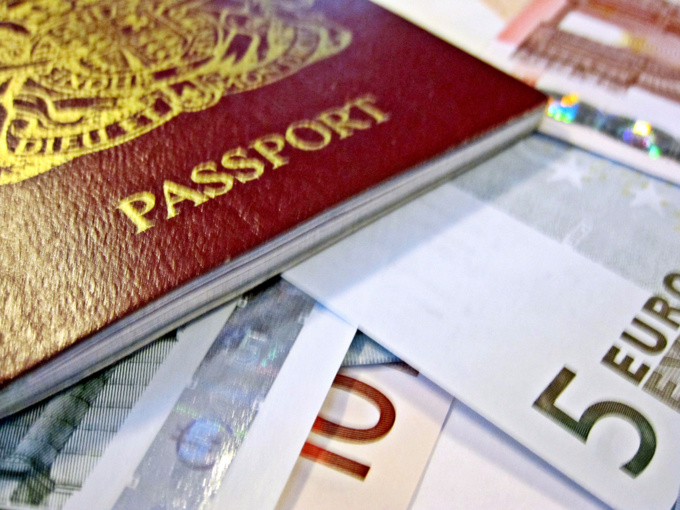"A suspicious requestor will be denied citizenship at the slightest doubt," Věra Jourová said. "We do not have the authority to prohibit such practices, but we are obliged to convince the EU members to raise the bar of demands and be more cautious in these matters."
As it turned out, speaking of "suspicious petitioners", the European commissioner basically has in mind those wishing to obtain citizenship. Often, origin of their capitals often causes doubts and suspicions among Europeans.
"It causes serious concern when someone who has worked as a middle-level or high-level manager and who did not have a very high salary unexpectedly buys the citizenship of Malta," European Commissioner Jourová said in an open text.
The eight European countries that sell passports and citizenship, except for all known Malta and Cyprus, also include Austria, Greece, Hungary, Latvia, Lithuania and Portugal. Schemes in them differ in details, but are essentially the same. In order to obtain a passport of one of the eight European countries listed above, it is necessary to invest a large amount of money in the economy of this state. In exchange, the owner of a new passport gets the right to live and work in any European country and freely move around the Schengen area.
In the fall, the European Commission will publish its report, which will severely criticize insufficient (in the opinion of Brussels) cautiousness of the authorities of the citizenship trading countries and question thoroughness of the examination of petitioners and sources of their wealth.
The report will be one of the stages of a broader campaign against money laundering in Europe, which the EC is carrying out together with the ECB and the European Banking Authority (EBA). Loud scandals related to money laundering in the banks of Malta and Latvia attracted attention to schemes for the sale of citizenship by these countries and a lack of control over foreign money falling into the European Union. Personally, Jourová is most concerned about the Maltese scheme, in which it is necessary to pay 650,000 euros to the Development Fund for the passport of the island state, buy or rent a property, and to buy shares of Maltese companies or bonds for at least 150,000 euros. Citizenship for each member of the family costs another 25 to 50 thousand euros.
Malta introduced this scheme in 2014. According to the government agency Identity Malta, more than 700 foreign investors received citizenship during four years, and the country earned 590 million euros.
In March of this year, Transparency International published a report within the framework of the Organized Crime and Corruption Reporting Project, which states that such schemes for the trade in passports and citizenship represent a "major threat" to anti-corruption fight in the EU. However, such passports and visas, which are also called "golden visas", constitute a very small share in new passports issued annually in the European Union. In 2016, according to Eurostat, the citizenship of the EU members received 994,800 people. Of these, only 0.1% was issued on the basis of citizenship schemes.
In addition, the practice of granting citizenship to large investors is very old and very widespread, although legalized not everywhere. From this point of view, such a design should be considered more a step forward in legal terms and certainly not a factor conducive to corruption.
Investment Migration Council, an organization that represents investors and governments involved in the schemes, argues that the most popular programs - in Austria, Malta and Cyprus - pose no threat to the security of the Old World.
To facilitate the search for suspicious applicants for European citizenship, Věra Jourová also promises to speed up the introduction of changes in the black list of countries where the risk of money laundering is the highest.
source: ft.com
As it turned out, speaking of "suspicious petitioners", the European commissioner basically has in mind those wishing to obtain citizenship. Often, origin of their capitals often causes doubts and suspicions among Europeans.
"It causes serious concern when someone who has worked as a middle-level or high-level manager and who did not have a very high salary unexpectedly buys the citizenship of Malta," European Commissioner Jourová said in an open text.
The eight European countries that sell passports and citizenship, except for all known Malta and Cyprus, also include Austria, Greece, Hungary, Latvia, Lithuania and Portugal. Schemes in them differ in details, but are essentially the same. In order to obtain a passport of one of the eight European countries listed above, it is necessary to invest a large amount of money in the economy of this state. In exchange, the owner of a new passport gets the right to live and work in any European country and freely move around the Schengen area.
In the fall, the European Commission will publish its report, which will severely criticize insufficient (in the opinion of Brussels) cautiousness of the authorities of the citizenship trading countries and question thoroughness of the examination of petitioners and sources of their wealth.
The report will be one of the stages of a broader campaign against money laundering in Europe, which the EC is carrying out together with the ECB and the European Banking Authority (EBA). Loud scandals related to money laundering in the banks of Malta and Latvia attracted attention to schemes for the sale of citizenship by these countries and a lack of control over foreign money falling into the European Union. Personally, Jourová is most concerned about the Maltese scheme, in which it is necessary to pay 650,000 euros to the Development Fund for the passport of the island state, buy or rent a property, and to buy shares of Maltese companies or bonds for at least 150,000 euros. Citizenship for each member of the family costs another 25 to 50 thousand euros.
Malta introduced this scheme in 2014. According to the government agency Identity Malta, more than 700 foreign investors received citizenship during four years, and the country earned 590 million euros.
In March of this year, Transparency International published a report within the framework of the Organized Crime and Corruption Reporting Project, which states that such schemes for the trade in passports and citizenship represent a "major threat" to anti-corruption fight in the EU. However, such passports and visas, which are also called "golden visas", constitute a very small share in new passports issued annually in the European Union. In 2016, according to Eurostat, the citizenship of the EU members received 994,800 people. Of these, only 0.1% was issued on the basis of citizenship schemes.
In addition, the practice of granting citizenship to large investors is very old and very widespread, although legalized not everywhere. From this point of view, such a design should be considered more a step forward in legal terms and certainly not a factor conducive to corruption.
Investment Migration Council, an organization that represents investors and governments involved in the schemes, argues that the most popular programs - in Austria, Malta and Cyprus - pose no threat to the security of the Old World.
To facilitate the search for suspicious applicants for European citizenship, Věra Jourová also promises to speed up the introduction of changes in the black list of countries where the risk of money laundering is the highest.
source: ft.com



















